
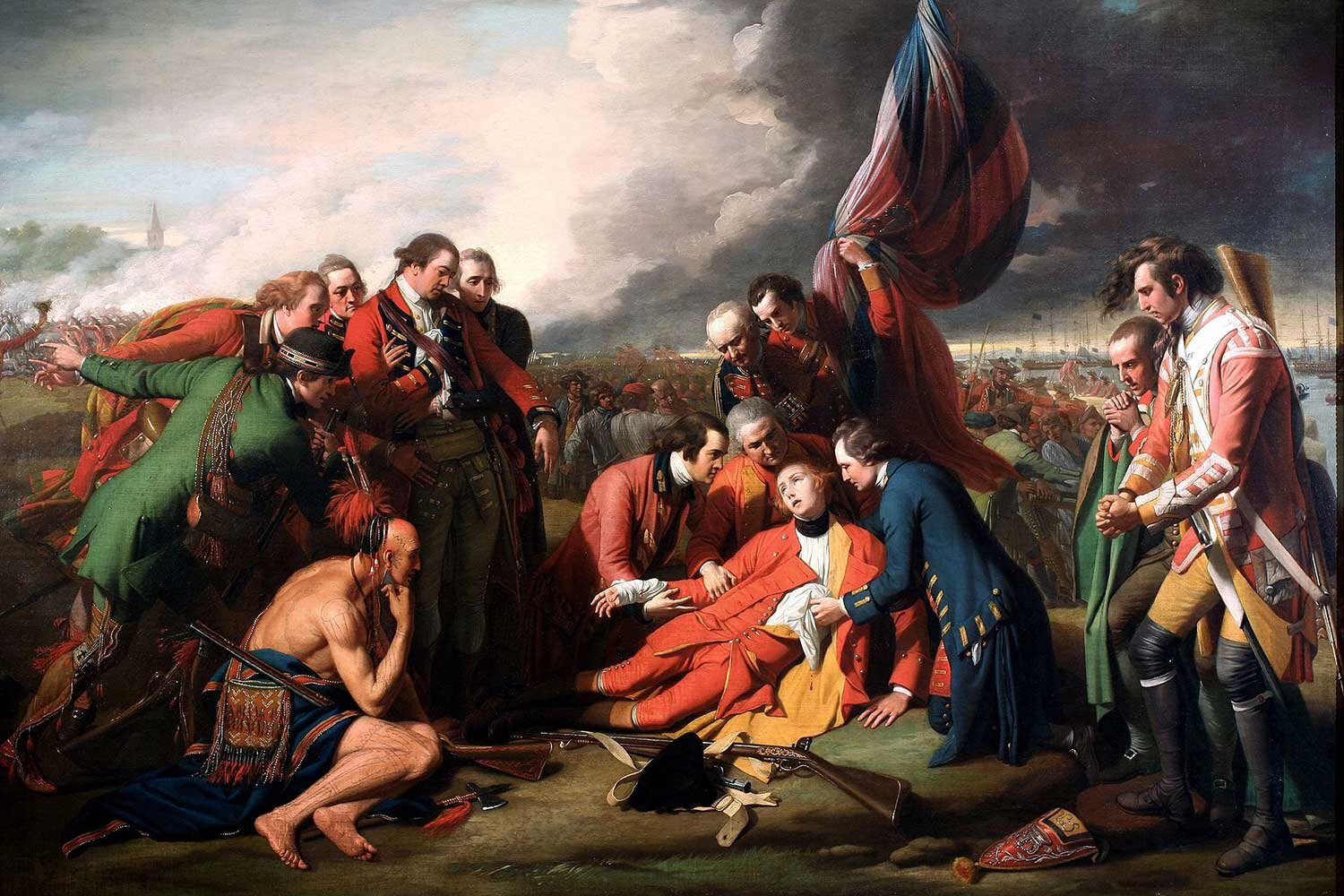
The French and Indian War: Fighting for Control of North America
The French and Indian War was fought between England and France in the mid-1700s over which nation would control North America. The consequences of that conflict led directly to the American Revolution.
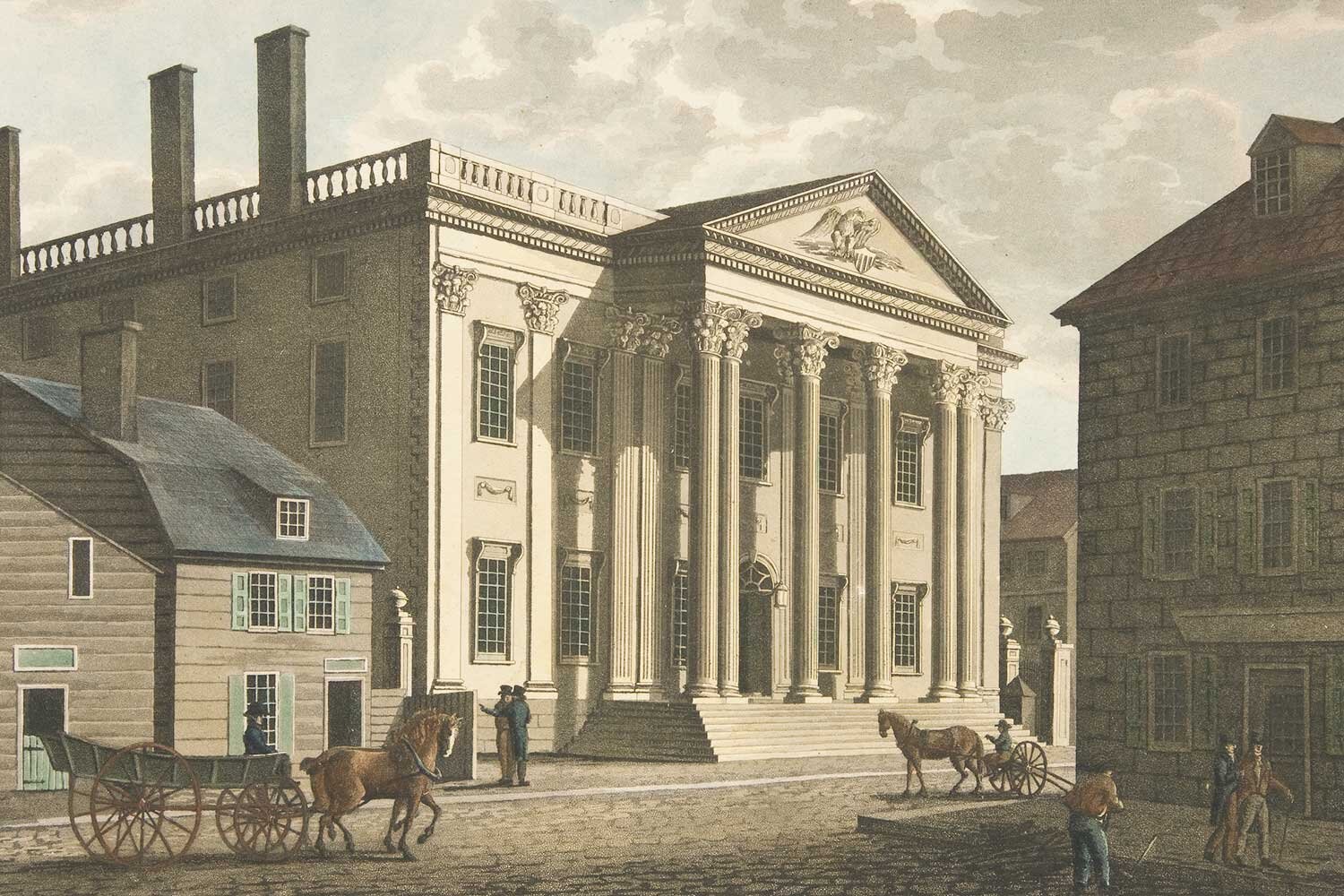
George Washington Discourages Debt and Foreign Entanglements
In his Farewell Address, President Washington shared his thoughts on several topics, including our national debt and the need for our country to remain fiscally prudent.

George Washington Calls for Unity in Farewell Address
After eight years in office, President Washington was ready to step down. He had planned to retire at the end of his first term but was talked out of it. During this second run at saying goodbye to public life, Washington was determined to finally retire.
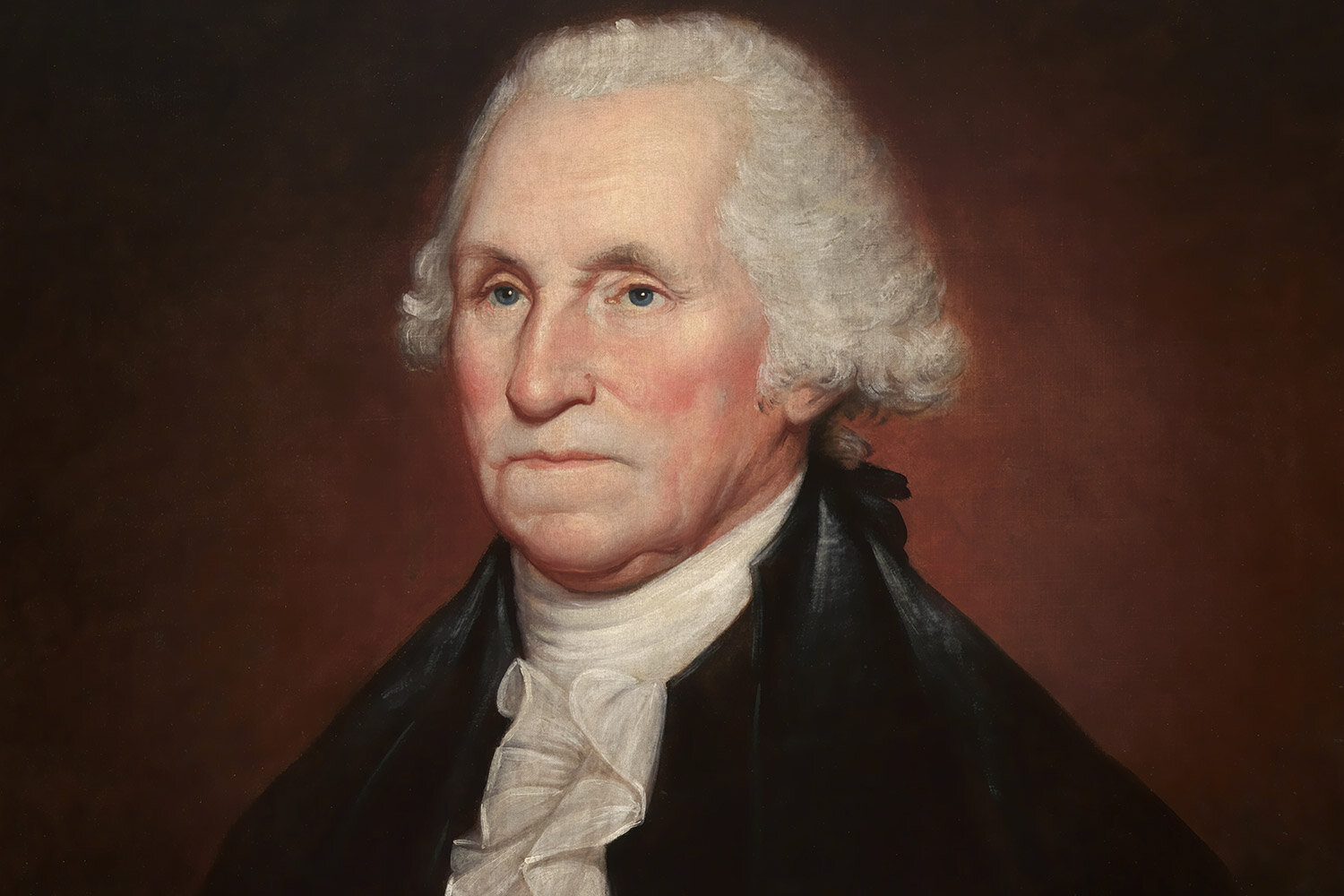
Washington’s Farewell Address: One of Our Nation’s Most Significant Documents
George Washington’s Farewell Address is one of the greatest documents in our nation’s history. It was a letter written by President Washington to his fellow citizens as he neared the end of his second term as President.
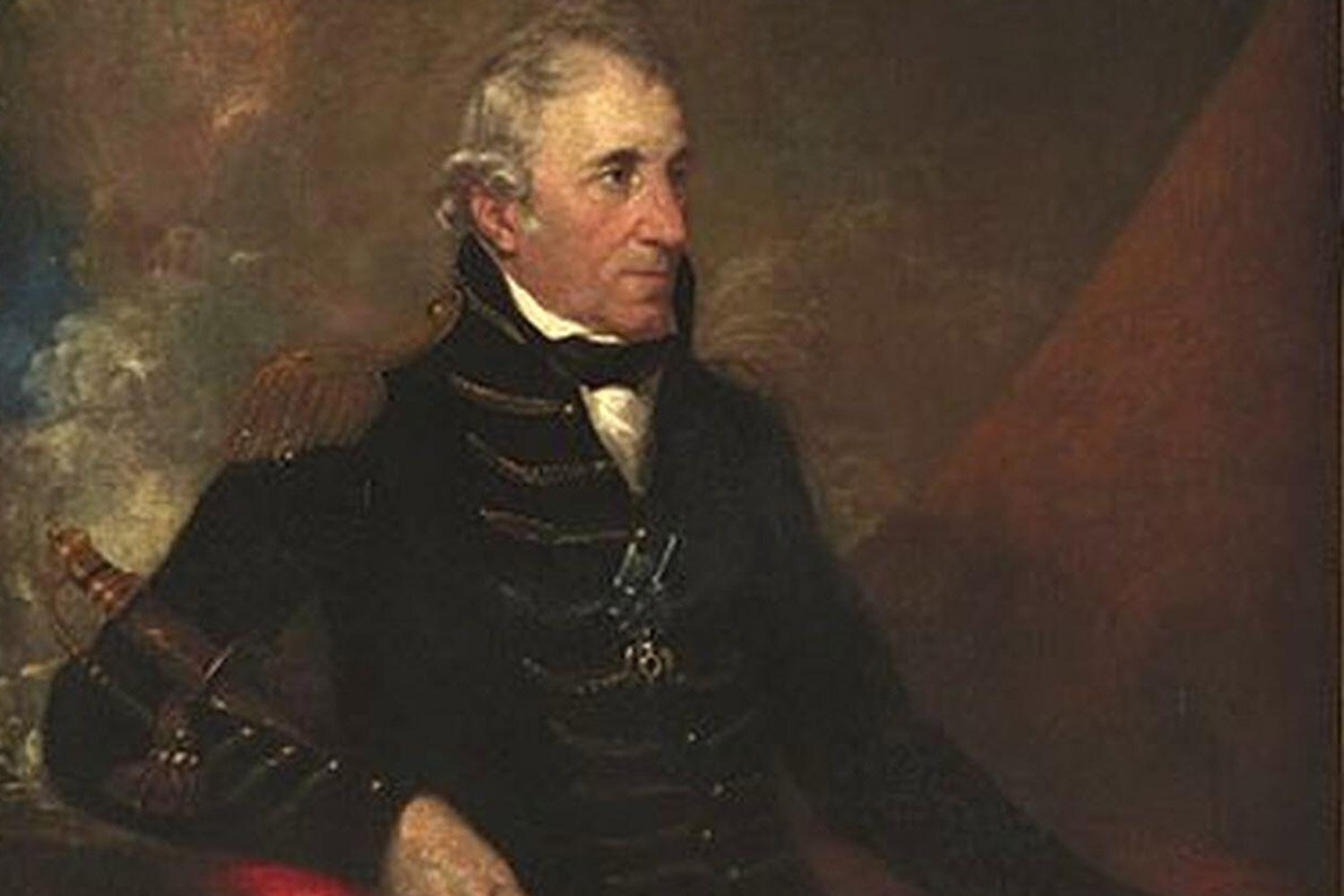
Pinckney’s Treaty Opens Up the Mississippi, Encouraging Westward Expansion
The Treaty of San Lorenzo, also known as Pinckney’s Treaty, was an agreement signed on October 27, 1795 between the United States and Spain. It settled a dispute between the two nations over the boundary of Spanish Florida and granted navigation rights on the Mississippi River to Americans.
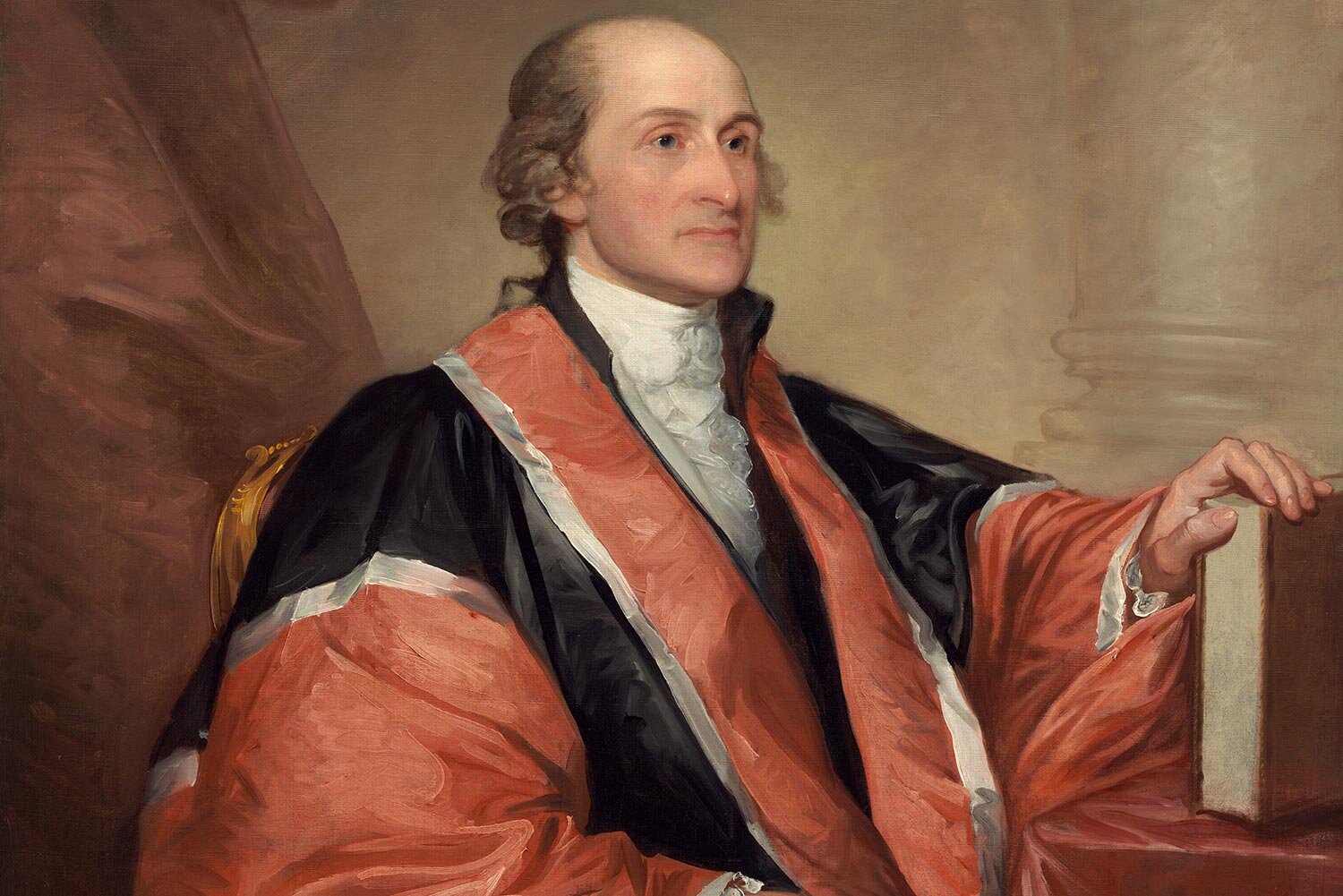
The Jay Treaty Averts War with England
The Jay Treaty, officially known as the Treaty of Amity, Commerce, and Navigation, Between His Britannic Majesty and the United States of America, was signed on November 19, 1794. Its primary goal was to cool rising tensions between England and America.
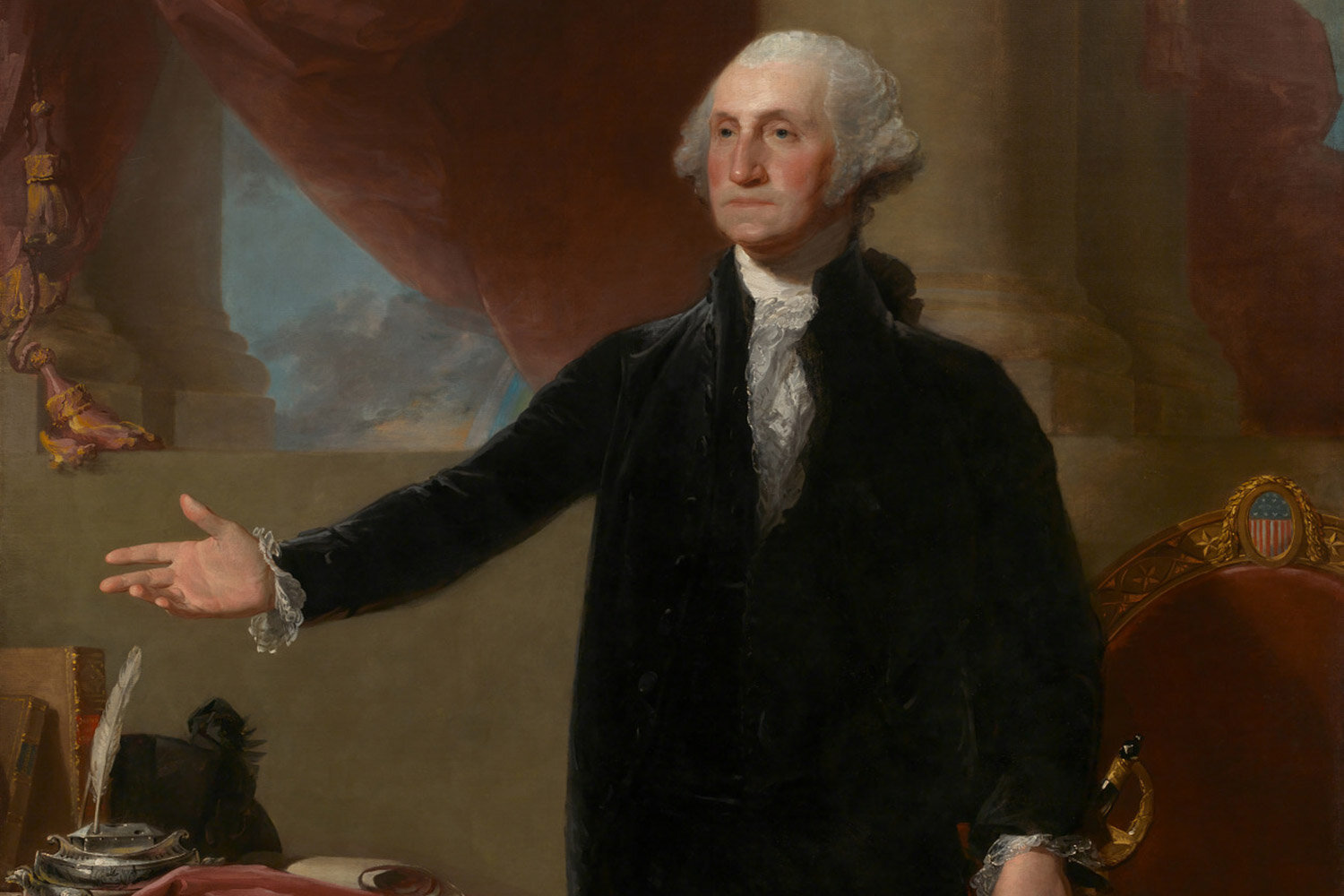
George Washington, First in the Hearts of His Countrymen
President Washington was again unanimously elected in 1792 and sworn in on March 4, 1793. Although he had not wanted a second term, most our country’s leaders, including Secretary of State Thomas Jefferson, Secretary of Treasury Alexander Hamilton, and James Madison, felt the nation needed his leadership and would suffer without it. Reluctantly, he had agreed to another four years.
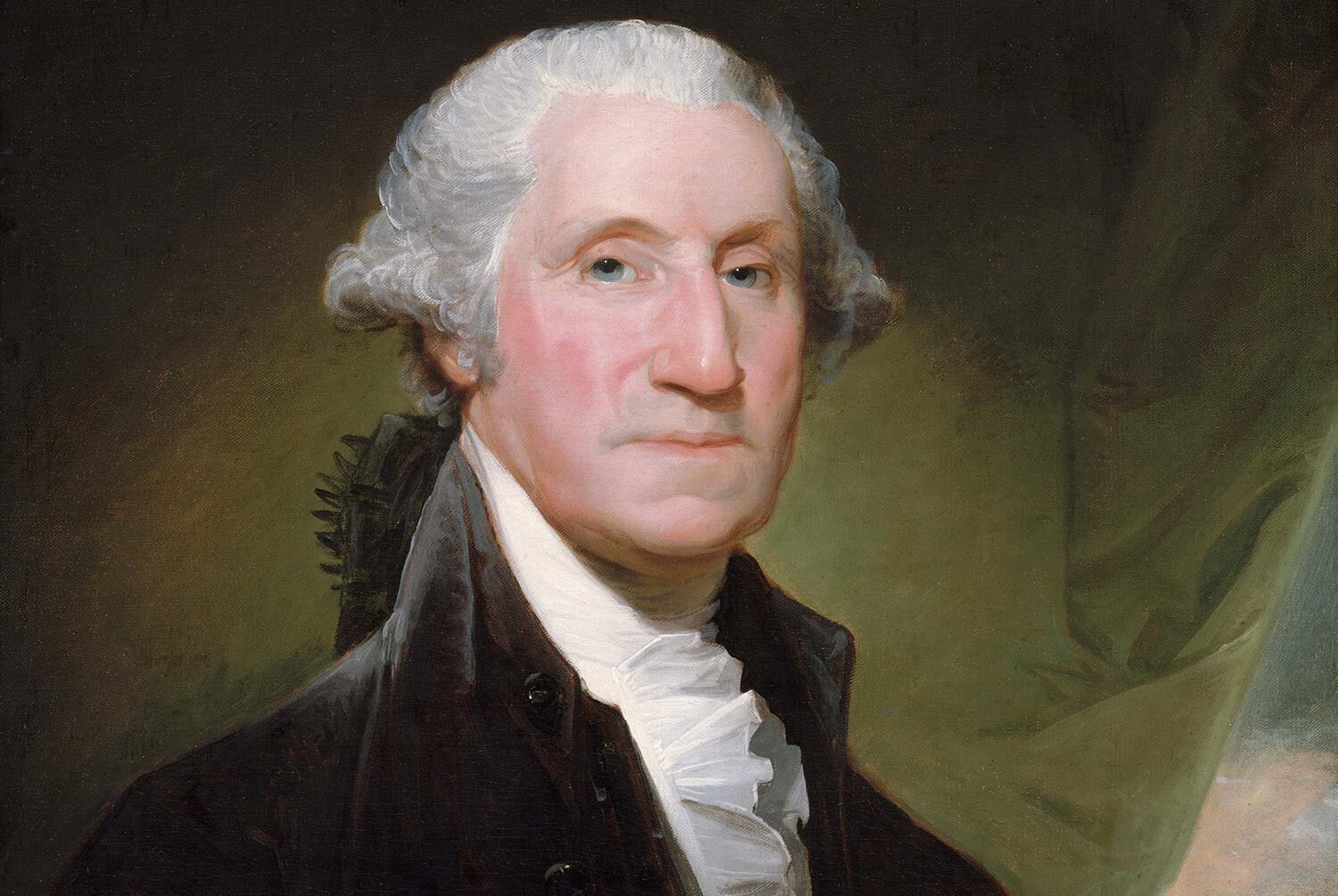
George Washington, The Only Man for the Job
In 1787, congressional delegates met in Philadelphia for a Constitutional Convention and created a new form of government. One key change was the creation of a strong Executive or President. Virtually everyone knew there was only one man strong enough to lead the nation and conscientious enough to be entrusted with so much power. That man, of course, was George Washington.
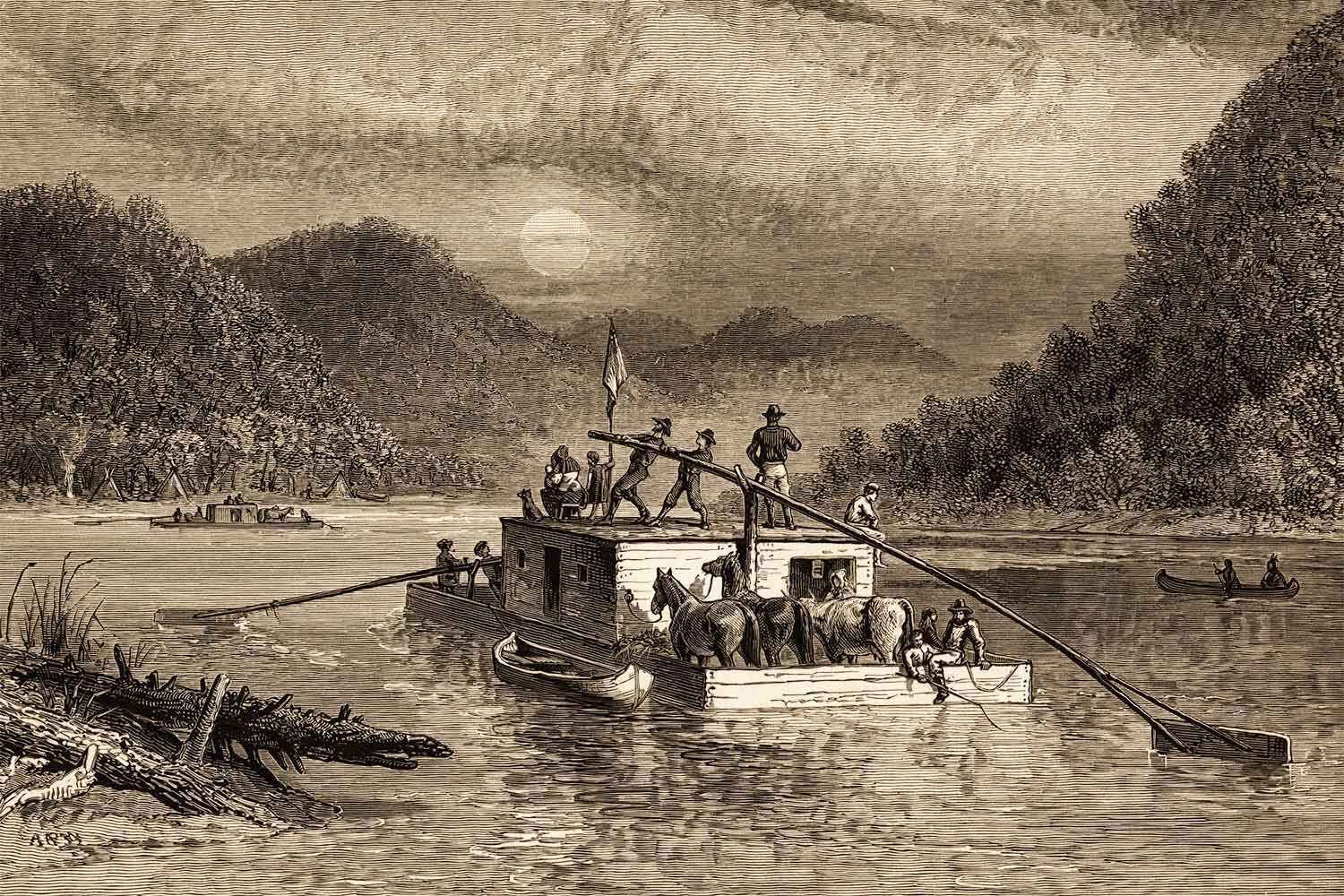
Creating America: The Northwest Ordinance of 1787
The Northwest Ordinance of 1787 created the Northwest Territory, officially known as the Territory Northwest of the River Ohio, but also called the Old Northwest. This legislation, enacted by the Congress of the Confederation on July 13, 1787, was our country’s first organized incorporated territory and our initial attempt at expanding the new nation.
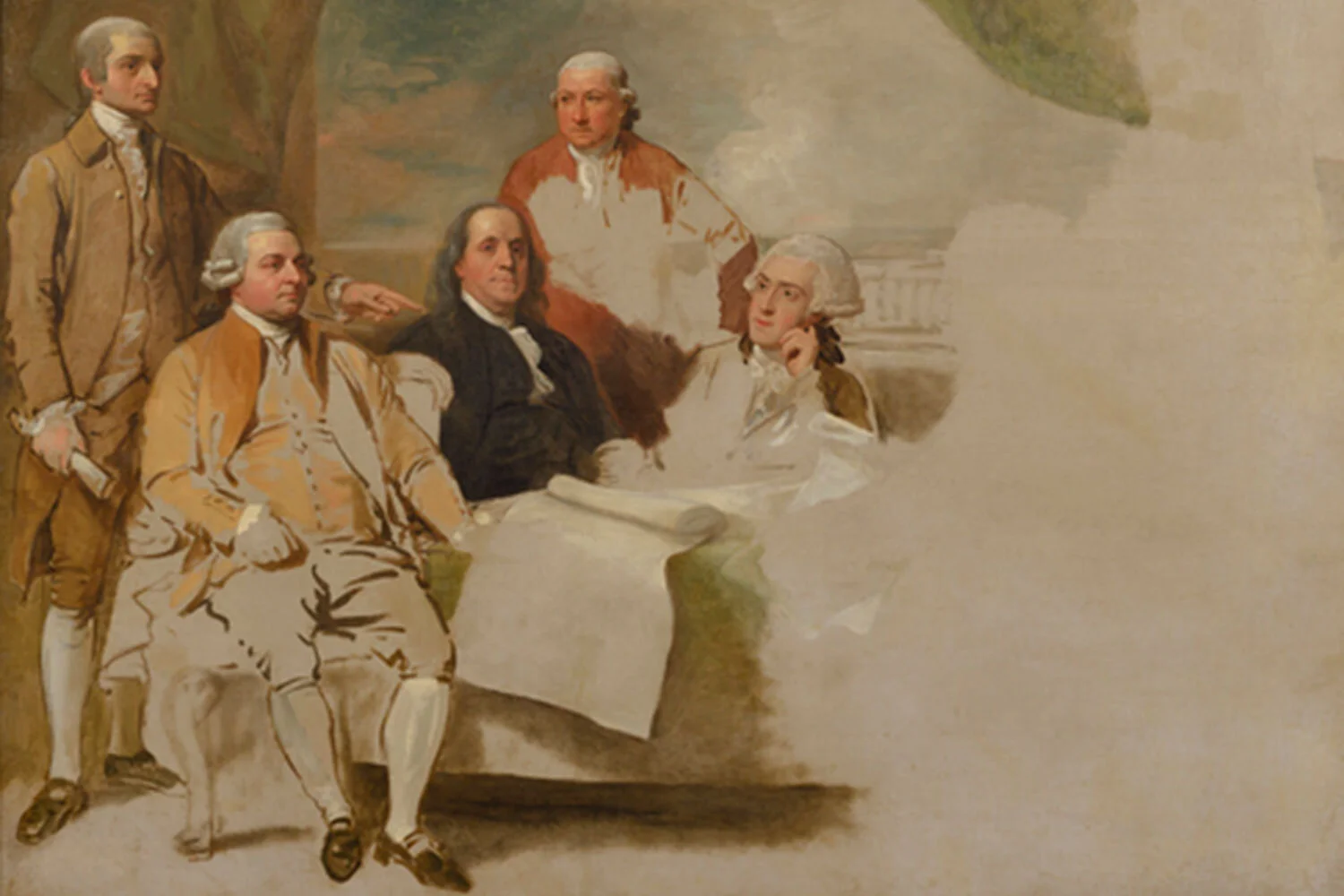
Creating America: The Treaty of Paris Delivers Favorable Terms
After Lord Cornwallis surrendered to General Washington in Yorktown on October 19, 1781, word of the surrender was sent to England. When finally received by Lord North, the Prime Minister, he repeatedly exclaimed “Oh God! It is all over!”, and it was for all intents and purposes.
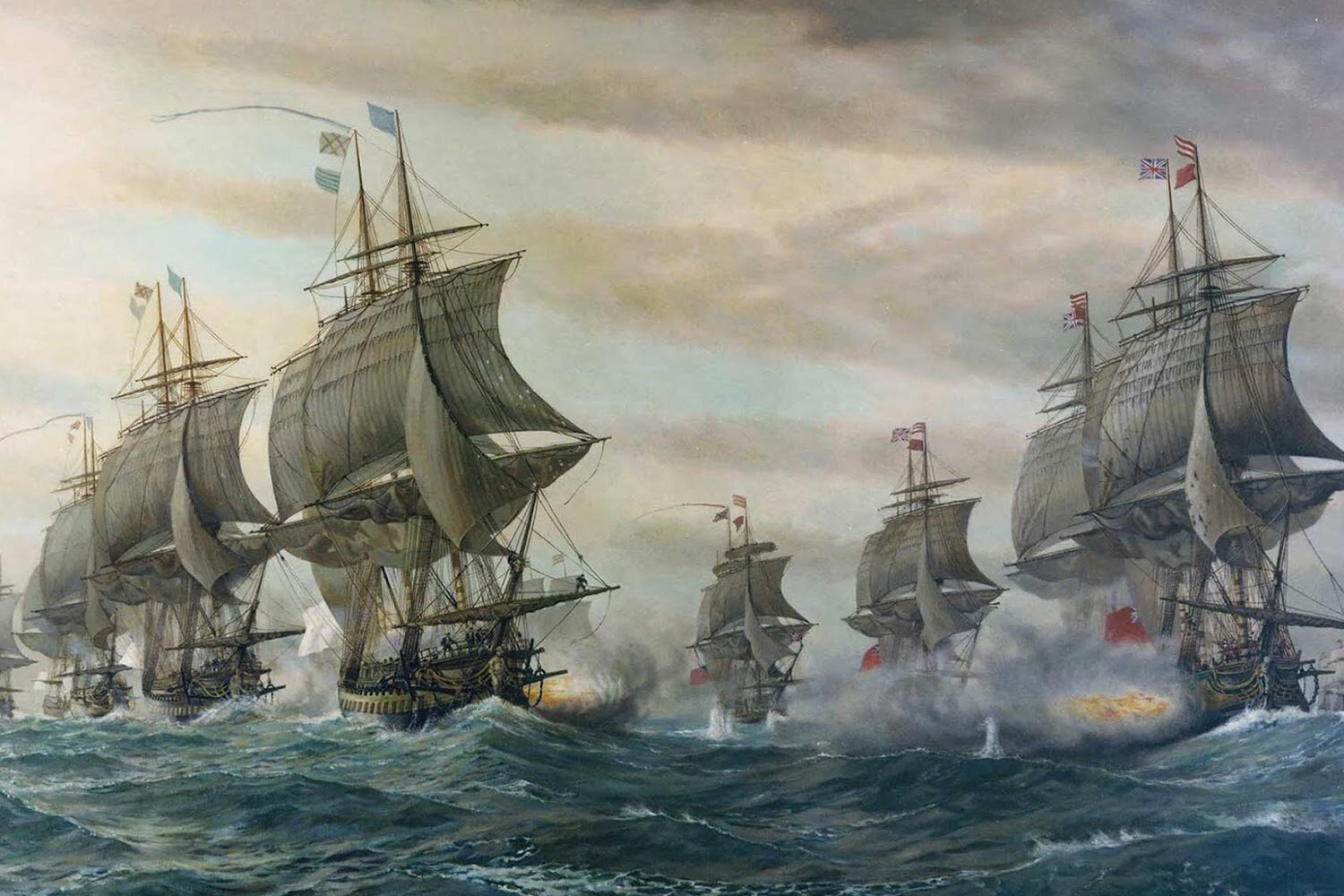
Creating America: Origins of the First Global War
The Treaty of Paris was the agreement between England and the United States which officially ended the American Revolution. It was just one of a series of agreements signed between the belligerents which collectively are called the Peace of Paris.
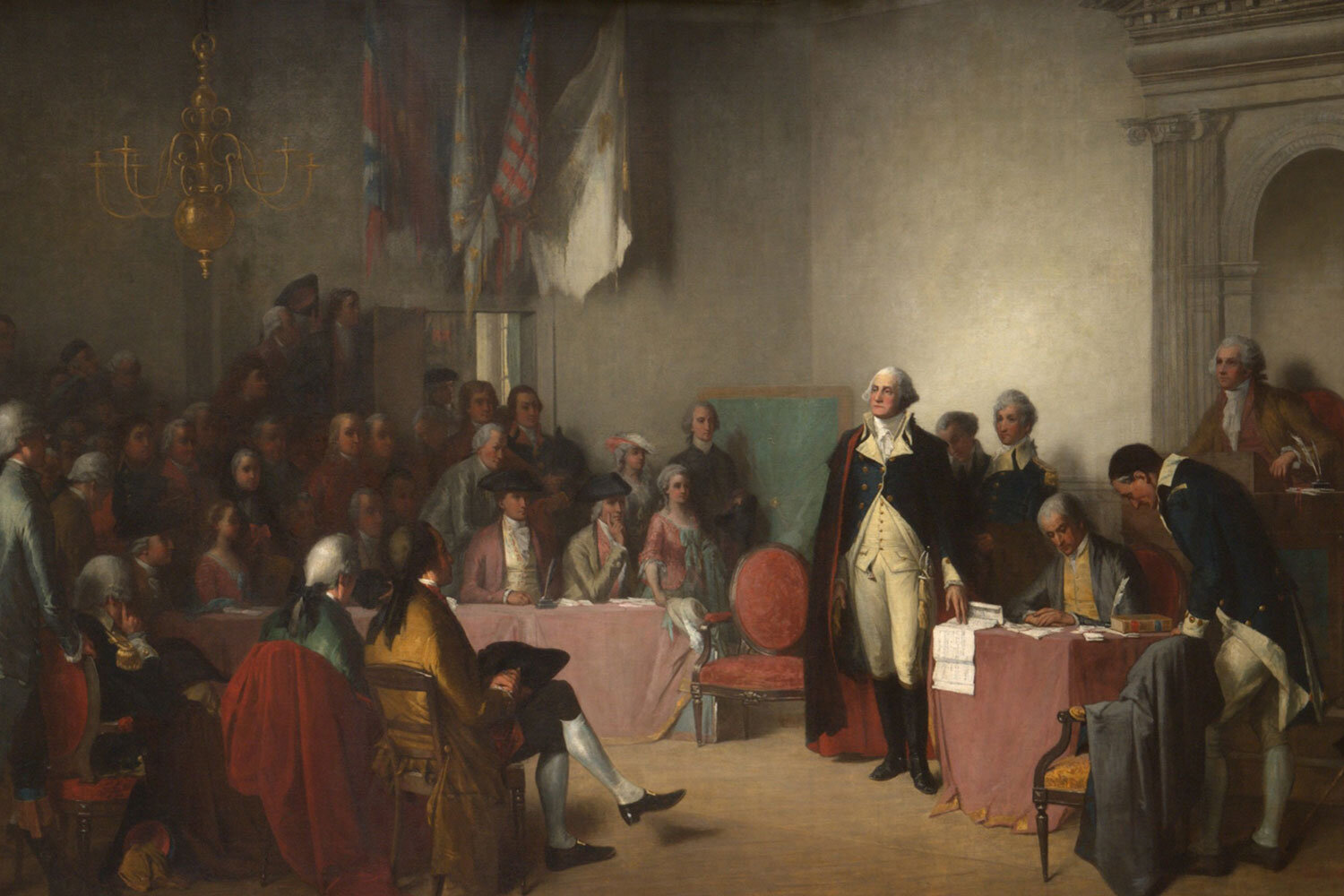
The Newburgh Conspiracy: George Washington Resists a Chance to Be King
The Newburgh Conspiracy represents a time when our nation came closest to deviating from our core revolutionary principles of representative government with civilian control of the military. Because of a weak Confederation Congress and unhappiness within the officer ranks of the Continental Army, the stage was set for our new nation to drift into a military dictatorship or monarchy.




